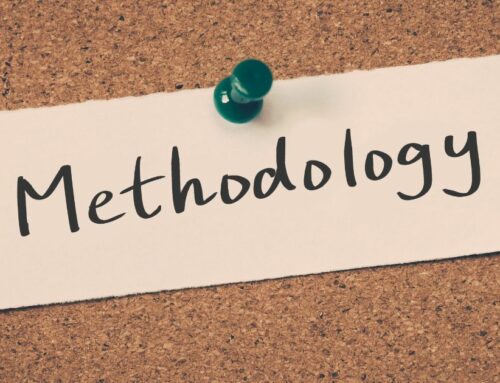The rise of inclusive design across a number of industries can only be described as a good thing. After all, most companies want their products to be able to be used by as many target consumers as possible. Inclusive design is defined by the Inclusive Design Institute as “design that is inclusive of the full range of human diversity with respect to ability, language, culture, gender, age and other forms of human difference.” When it comes to market research, it is helpful to think of inclusive design not only as a means to design one instrument that will work for all people, but as a means of structuring a survey so that it includes a number of options that are suitable to a variety of different groups.
Reshaping views on usability and diversity
A true commitment to inclusive design requires a company to first reframe their perception of diversity. For example, to many a disability is an either/or situation: an individual either has a disability, or does not. That disability either will prevent the individual from using a product, or it will not. However, it is more accurate to visualize a product’s usability along a spectrum of ability variation. At either end are the original options: no trouble using the product, and severe difficulty using it. While many members of the target population will still fall at one end of the spectrum or the other, others will fall in between. The latter groups might be labelled as having “mild difficulties” or “moderate difficulties” rather than “severe difficulties”, yet it is essential to reach these users as well. In much the same way, many now view gender as a spectrum, while a person’s adherence to cultural norms may fluctuate depending on the topic addressed.
Inclusive design must be applied to market research surveys
Just as viewing ability variation as either/or when designing a product is likely to exclude certain consumers, failure to implement inclusive design when creating surveys will result in the loss of important voices. Most market research firms are already aware of the need to use visuals when designing for an elderly population, or use specific social media platforms for a younger demographic—but what about when there is diversity across the target population? 
As inclusive design becomes more mainstream, researchers are recognizing the need to adapt surveys to ensure the responses reflect this diversity. For instance, the binary “male/female” response to a question on gender can easily be changed to become more inclusive with the simple addition of “non-binary.” A box might also be added for respondents to provide their own answer. Or—after consultation with the client, of course—this question might be dropped entirely. Such an approach to the collection of demographic data might seem revolutionary, but implementing this type of inclusive design could result in feedback from a more diverse population, which in turn will benefit the client.
Including individuals with different abilities and backgrounds in samples
The use of inclusive design when creating a survey will help capture a wider variety of opinions. Yet in order to collect that data, people with different abilities and backgrounds must first be included in the sample population. While the target group is often defined based on the client’s specifications, it is up to the market research firm to ensure that the sample reflects sufficient diversity. When possible, telephone surveys should be structured in a way that allows the participant to be questioned in a different language (we conduct surveys in over 40 languages for example). Online surveys should be worded so that those of low literacy levels are able to understand the questions, and those with limited vision have an alternate means of participating. For in-person surveys held in a specific location, care should be taken to ensure access is granted to those with limited mobility.
At The Logit Group, we have experts across a variety of industries and verticals to help with all of your inclusion needs. Our team can give you an optimal plan for projects of all sizes.
The Logit Group is a leader among data collection firms, and our ongoing commitment has been to develop and administer industry-best technologies as the basis of our research execution. We offer online and offline services including; Global Panel Sourcing, B2C Phone Research, Mall Intercepts, In-depth interview (IDI) recruitment, Focus group recruitment, customized reporting, and more.
For a full list of our services, please visit our website here and to submit a bid request, please see our Bid Request form.





